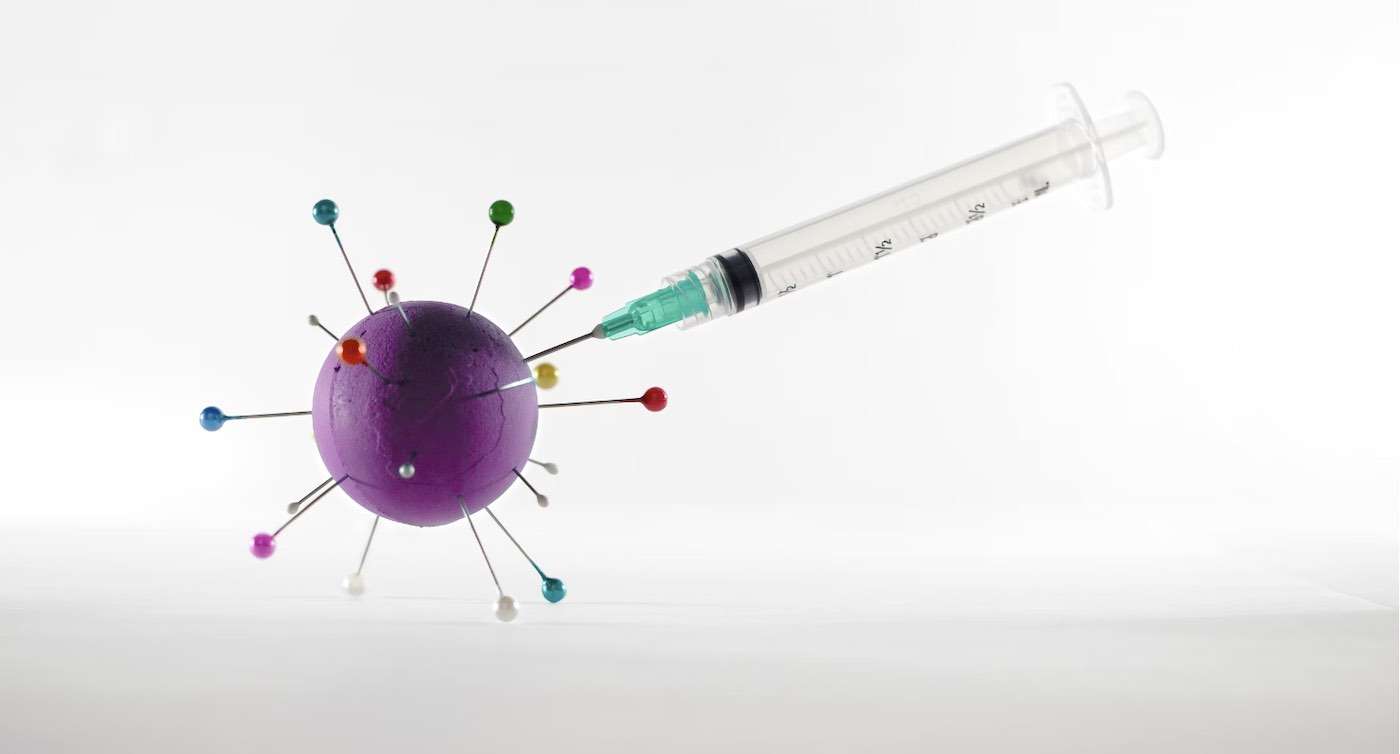The Mystery of Red Wine Headaches is Solved as Scientists Discover Why Some People React
The reason why drinking red wine can leave some people with a banging head has been discovered by scientists.

An Australian pharma company has been granted fast-track status by the United States FDA for cancer treatment trials of bile duct cancer.
This rare form of cancer has been found to be resistant to both conventional and immunotherapy treatments, but the firm's new version of an existing treatment, developed as part of a collaboration with the US-based City of Hope, has shown exceptional promise.
In May of last year, City of Hope, a world-renowned cancer research and treatment organization in Los Angeles, dosed their first patient with a low amount of their oncolytic virus (i.e. a virus that infects oncolytic cells) in a phase 1 safety trial.
"Our previous research demonstrated that oncolytic viruses can stimulate the immune system to respond to and kill cancer, as well as stimulate the immune system to be more responsive to other immunotherapies, including checkpoint inhibitors," said Daneng Li, M.D., principal investigator and assistant professor of City of Hope's Department of Medical Oncology & Therapeutics Research.
The virus was engineered by Professor Yuman Fong, and it's now been licensed by City of Hope to the Australian company Imugene for use in its Vaxinia treatment, known technically as "CF33-hNIS" for bile duct cancer, with CF33 being the virus, and hNIS being an additional chemical that allows researchers to image and track the virus in order to apply radiochemo treatment with extreme precision.
Bile duct cancer occurs inside and outside the liver and is rare in the US, with just 8,000 people on average receiving a diagnosis per year.
Fong's original oncolytic virus has been extensively studied and played a role in wiping out smallpox around the world. It has a short and well-understood lifecycle that doesn't involve the use of the human genome. It can both deliver tumor-destroying agents and reduce their size itself.
In City of Hope preliminary trials in animals and cultured cells, it was shown to shrink colon, lung, breast, ovarian, and pancreatic cancer tumors.
Imugene's trial under FDA guidance, called the MAST (metastatic advanced solid tumors) trial, began with low doses of Vaxinia to patients who have had at least two prior lines of standard-of-care treatment, according to the West Australian.
The fast-track status will allow the company to work more closely with the wealthy FDA, and have quicker data reviews in the future.
Both Imugene and City of Hope are looking to recruit such patients at 12 different sites across the two countries.
SHARE This Cutting-Edge Collaboration For Cancer Treatment With Your Friends…
Be the first to comment